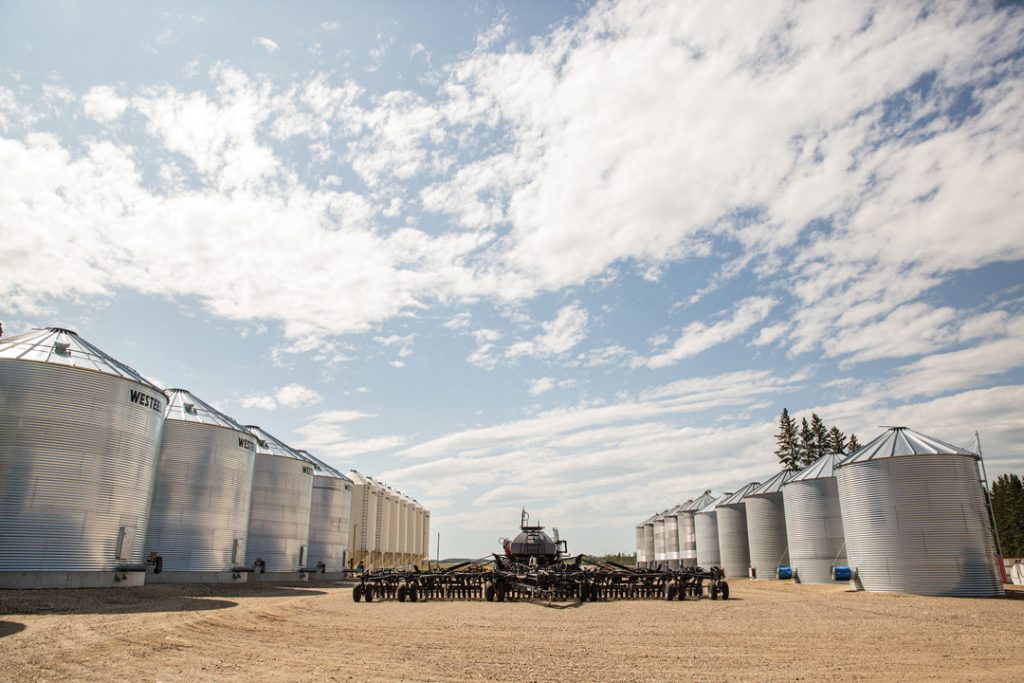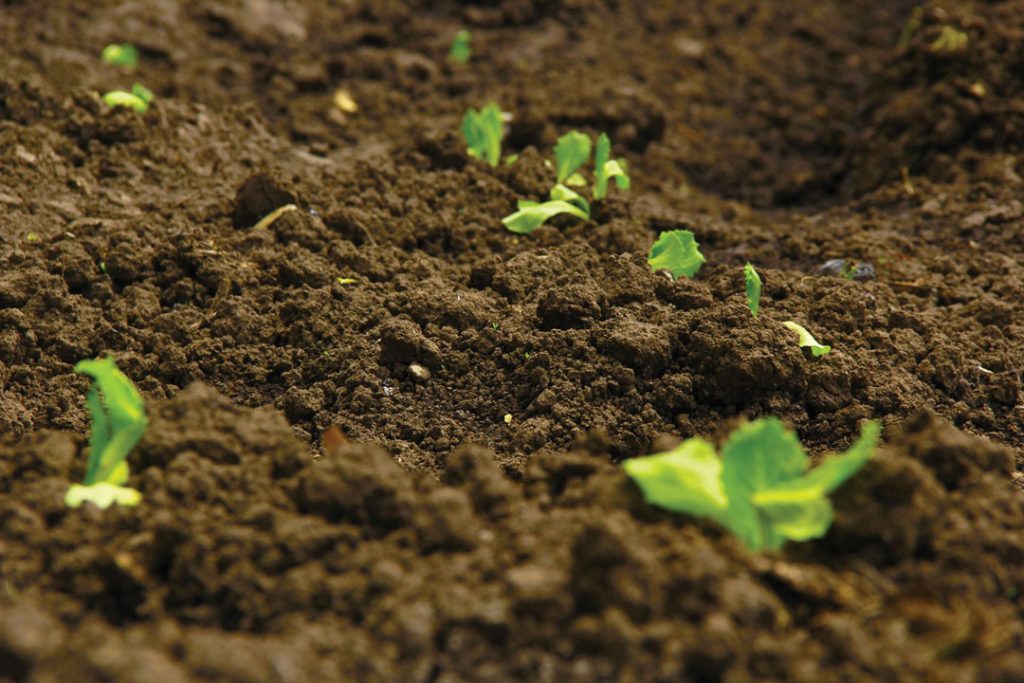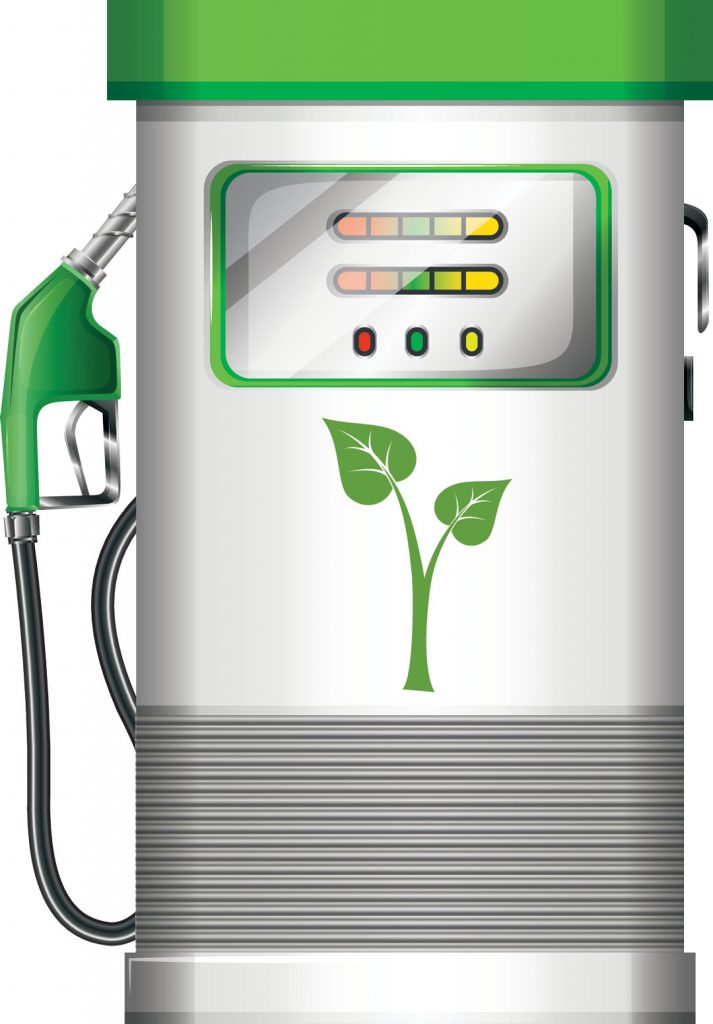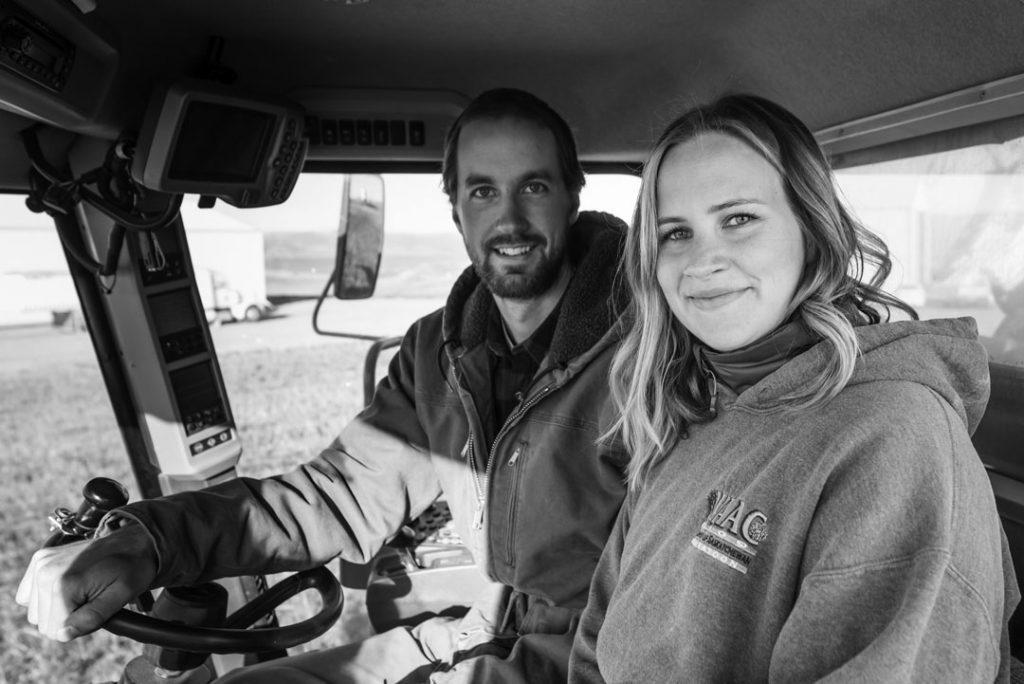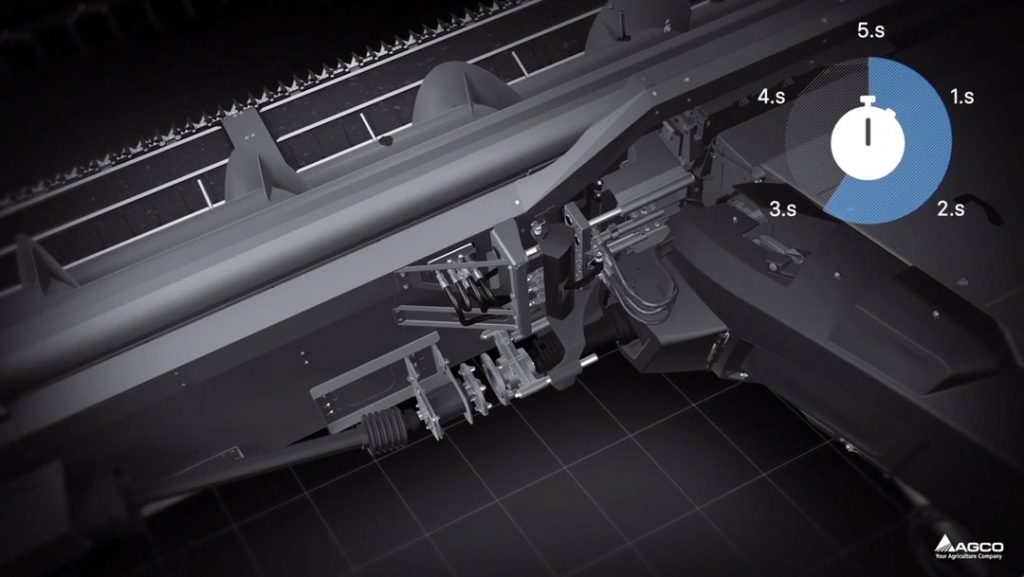MEET YOUR MAKER’S
In 2016, Rosthern, SK, barley farmer Matt Enns escaped the Prairie deep freeze to relax in the Florida sun for the winter. More than a mere getaway, he intended to use this time to formulate his next career move after having expanded his stake in the family farm. As fate would have it, while he calculated his agricultural future, he joined a craft beer club near Orlando for the duration of his holiday. Its enthusiastic young members hosted tasting events where they sampled new and unique local brews produced by Florida’s vibrant craft brewing industry. His time with the club inspired Enns to launch Maker’s Malt, a micro-maltster venture. Established in 2018, the business would in turn help inspire those in Saskatchewan’s fledgling craft beer industry to take flight.






